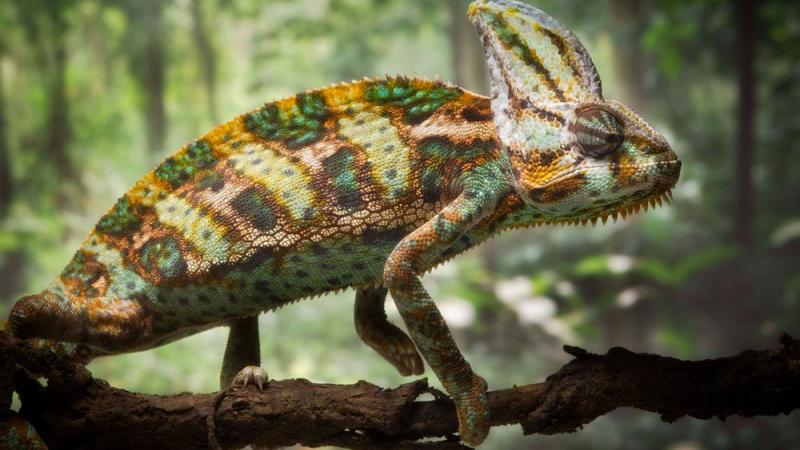Responsible pet ownership

Section menu
Making responsible exotic pet choices
Each year, thousands of wild animals are captured – often illegally—for the "exotic pet" trade. Many of these animals are injured or perish during transit, and often prove too challenging or dangerous for the average person to care for. Pets can also threaten ecosystems when they escape or are released by owners who can no longer care for them.
The Oregon Zoo believes that responsible choices about exotic pet ownership are healthier for people, animals and the environment.
- Many "exotic" animals have complex care needs that can only be met by people with specialized training at licensed and properly equipped facilities, such as AZA-accredited zoos.
- Pet seekers should ask the seller whether an "exotic" animal was captive-bred by a reputable breeder.
- Many wild animals captured for the pet trade die when they are captured and transported.
- Pets released into the wild are often poorly equipped to survive, and can suffer tragic deaths.
- Parrots are one of the most endangered bird families as a direct result of the pet trade. Parrots live a long time, are difficult to care for and respond poorly to cages.
- Bullfrogs and red-eared sliders are two species of "released pets" that are of significant concern in the Pacific Northwest, where they threaten native reptiles and amphibians.
- "Exotic" animal ownership laws vary from state to state.
- Citizens can report suspected illegal sales by calling the Oregon State Police Fish and Wildlife Division hotline at 1-800-452-7888.

